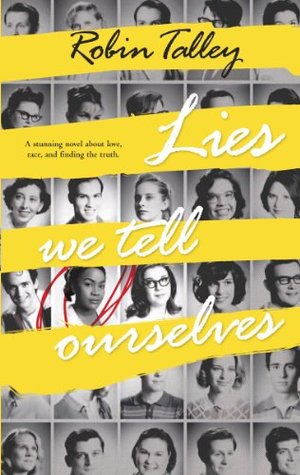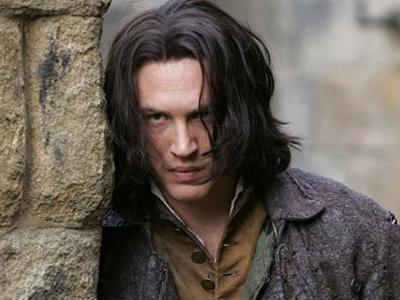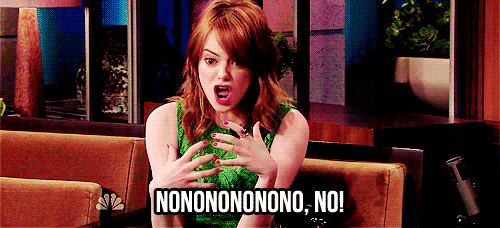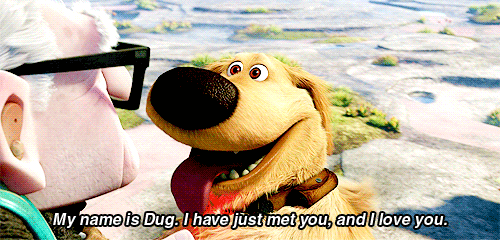by Robin Talley
My Rating:
Toni and Gretchen are the couple everyone envied in high school. They've been together forever. They never fight. They're deeply, hopelessly in love. When they separate for their first year at college—Toni to Harvard and Gretchen to NYU—they're sure they'll be fine. Where other long-distance relationships have fallen apart, their relationship will surely thrive.
The reality of being apart, however, is a lot different than they expected. As Toni, who identifies as genderqueer, falls in with a group of transgender upperclassmen and immediately finds a sense of belonging that has always been missing, Gretchen struggles to remember who she is outside their relationship.
While Toni worries that Gretchen, who is not trans, just won't understand what is going on, Gretchen begins to wonder where she fits in Toni's life. As distance and Toni's shifting gender identity begins to wear on their relationship, the couple must decide—have they grown apart for good, or is love enough to keep them together?
The reality of being apart, however, is a lot different than they expected. As Toni, who identifies as genderqueer, falls in with a group of transgender upperclassmen and immediately finds a sense of belonging that has always been missing, Gretchen struggles to remember who she is outside their relationship.
While Toni worries that Gretchen, who is not trans, just won't understand what is going on, Gretchen begins to wonder where she fits in Toni's life. As distance and Toni's shifting gender identity begins to wear on their relationship, the couple must decide—have they grown apart for good, or is love enough to keep them together?
I received an eARC of What We Left Behind from NetGalley in exchange for an honest review - thanks to MIRAInk and NetGalley for letting me read this book early!
Check out my review of Robin Talley's debut, Lies We Tell Ourselves, here.
Last month I read Robin Talley's debut novel, Lies We Tell Ourselves, and with her third novel, As I Descended, being one of my most anticipated reads of 2016, I think it's safe to say that Talley is an author I've been keeping my eye on, so I was thrilled when my request to receive an eARC was approved.
Sadly, I didn't love this one. In fact I struggled to finish it.
Something that really excited me about this book is the inclusion of a genderqueer protagonist. Before now I hadn't read a single book with a protagonist who identified as genderqueer, and it's so important that people who identify as such are given a voice in literature just as much as any other member of the LGBT+ community. Now the first thing I must say is that I am cisgender and, as such, my reading experience with this book is probably very different to someone who identifies as genderqueer - in other words, people who identify as genderqueer will know a lot more about the representation of gender fluidity than I do, so please keep that in mind when reading my review. If you identify as genderqueer and haven't read this book yet, it could be that my opinion of it doesn't help you to decide whether you should read it or not. Okay? Okay.
There is a lot of discussion about sexuality and gender in this book. I love that. Sexuality and gender need to be discussed more, and lately, in YA in particular, I've seen a lot of LGBT+ representation, which I think is fantastic. Having said that, there were times when this novel felt more like a piece of non-fiction; it was as though Talley was simply using Tony (I will be using 'Tony' and 'he/his' pronouns throughout this review) as a puppet through which she could discuss all the thoughts about gender that are bopping about in her brain.
I'm sorry to say that Tony got on my nerves, too. He doesn't have a great home life, and for that I completely sympathised with him, but there were times when he was just so selfish. It's important for us to have stories like this one about people who are trying to figure themselves out - I think we spend our whole lives constructing and deconstructing ourselves - but Tony is so concerned with his own self-discovery that he forgets the people around him are people with their own hopes, dreams and fears. He assumes Gretchen is just going to follow him everywhere and do whatever he wants, and yet he refuses to explain his worries to her because he doesn't think she'll understand. Then he accuses her of not understanding. I also didn't appreciate his jealous streak, or his pretentiousness; at first he doesn't like to use gendered pronouns, which is totally his call to make, but he never considers how not using pronouns for other people might make them feel. Some people feel uncomfortable when gendered pronouns aren't used for them, and it's hypocritical of Tony to demand something for himself he's not willing to do for others.
I wasn't keen on Tony's thoughts concerning heterosexual women, either; two of his roommates are pretty horrible, but he thinks they don't count as feminists simply because they like to 'conform to gender stereotypes'. It was almost as thought anyone outside the LGBT+ community wasn't worth his time, and I didn't like that.
The person I hated most in this novel, though, was Gretchen's 'best friend' Carroll. Despite being a gay man from a very homophobic background, and therefore knowing what it was like to feel belittled and anxious because of his sexuality, he was incredibly rude to other members of the LGBT+ community. He was particularly rude to Gretchen when talking about Tony - the guy had some serious transphobia going on and it really bugged me that Gretchen never told him where he could shove his frankly disgusting opinions. I spent most of the novel hoping he'd get hit by a bus.
I appreciate what Talley was trying to do with this story, I just didn't feel it; it didn't move me in the same way Lies We Tell Ourselves did, and I wasn't too keen on the insinuation throughout the novel that people who identify as genderqueer simply haven't decided whether they're male, female or non-binary yet. It's almost like saying that someone who is bisexual hasn't decided if they're gay or straight yet. I don't think that is Talley's view - and one thing I did appreciate is that neither of her protagonists are perfect, not by a long-shot - but it still came across that way and it made me uncomfortable.
So I didn't love this, and I'm disappointed that I didn't love this, but I'm still looking forward to reading more of Talley's work, because I think we need more authors like her who are willing to tackle subjects like this one.
I'm going to leave a link to Layla @ The Midnight Garden's review here, because she felt very similarly to me about the book and managed to phrase everything far more eloquently than I have!

















